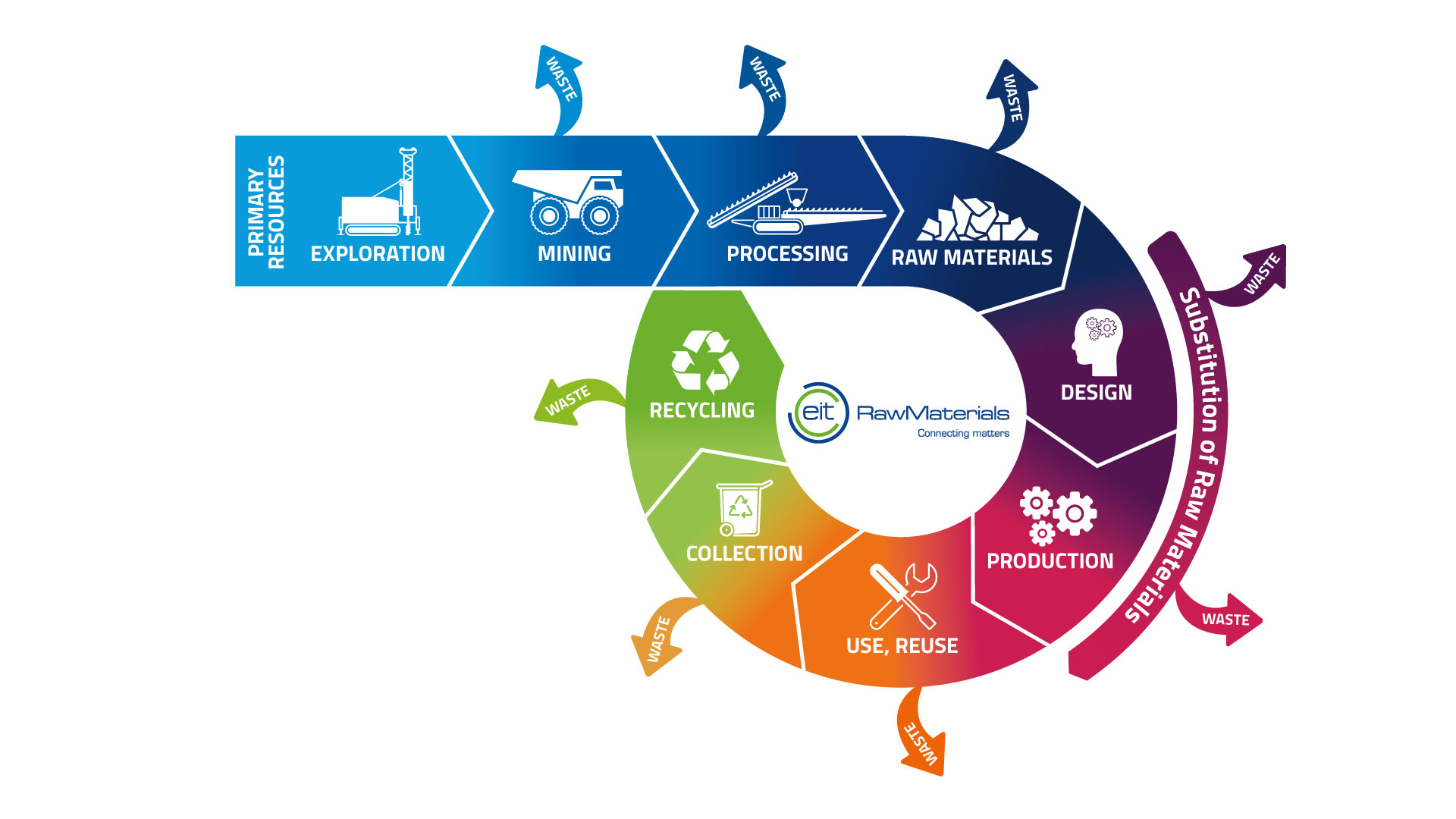Circular Economy will Stimulate the Production of Durable Products — DiXi Group
The implementation of the action plan may increase the EU’s GDP by additional 0.5% by 2030
The circular economy policy will encourage consumers to move to products with a long-life cycle. This is stated in the New EU Policy on the Circular Economy: Opportunities for Ukraine analytical publication from DiXi Group.
“The linear structure of production and consumption (take-make-use-dispose) does not give producers an incentive to produce more sustainable products. The initiative of a new policy on product sustainability aims to change this situation through actions aimed at greening not only the economy but and products used in everyday life,” the publication said.
The implementation of the action plan may increase the EU’s GDP by additional 0.5% by 2030 and create about 700,000 new jobs.
“The action plan describes initiatives for the entire product life cycle - from design and manufacture to consumption, repair, reuse, recycling and return of resources to the economy. Currently, the life cycle of many consumer products is too short to be reused, repaired or recycled, or they can be used only once,” experts say.
The main areas of implementation of the action plan for the circular economy include:
- Support for the production of durable products
- Strengthening consumption opportunities and public procurement
- Increasing the reuse of resources in industry
As for Ukraine, an important issue is to encourage the Government to make wider use of targeted economic instruments, namely the environmental tax, to support circular measures. It should be noted that revenues from the payment of environmental tax in Ukraine are lower than in the EU member states, and in terms of the euro, they are significantly reduced in dynamics.
“This is due to the fact that the various types of environmental taxes that may be levied in EU countries partly coincide with the components of the environmental tax in Ukraine, and yet EU environmental taxes include such taxes as transport taxes and rents for special use of forest resources, water, subsoil use, etc.,” experts note.
The ratio of environmental tax revenues and state expenditures on environmental protection is another problematic issue. In all European countries, except Ukraine, revenues from environmental taxes are much higher than government spending on environmental measures.
“Regarding the issue of public procurement, it should be noted that the main disadvantage was the choice of the cheapest offer without taking into account other criteria. That is, more environmentally friendly goods, services or technologies were not able to beat the products made using environmentally dirty technology.
It will be recalled that on March 11, 2020, the European Commission adopted the Circular Economy Action Plan. It is an important part of the European Green Deal strategy’s agenda. The aim of this plan is to reduce consumption in the EU and double the reuse of resources in the coming decades, while contributing to economic growth.
You can read more about analytics here.
The publication was published by DiXi Group Think Tank within the framework of the Monitoring Report on Ukraine’s Progress in the Implementation of the Association Agreement in the Areas of Energy and Environment Parts. Continued".









